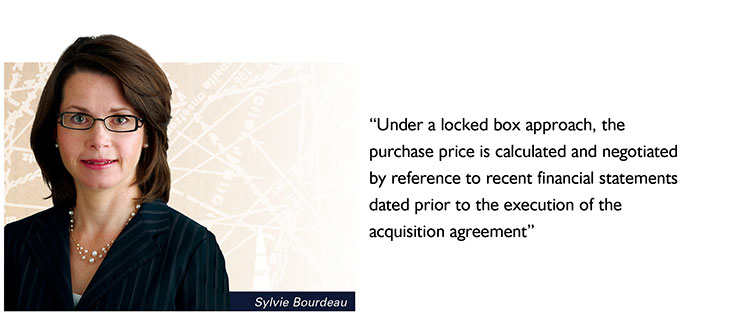[A downloadable PDF of this update is available below]
A work permit is generally issued based on a specific job offer made by a particular Canadian employer (or an employer doing business in Canada).
As such, the employer commits itself to providing the foreign worker with wages, working conditions and employment that are similar to the terms set out in the Labour Market Impact Assessment (LMIA) application submitted to Service Canada. If the employment is exempt from the LMIA (for example: transfer within a company, NAFTA professional, etc.), the employer commits to providing the foreign worker with wages, working conditions and employment that are similar to the terms set out in the offer of employment submitted via Immigration Canada’s Employer Portal (the Portal).
Compliance Audit
Under the Immigration and Refugee Protection Act and Regulations Service Canada and Immigration Canada may examine companies’ activities to verify the accuracy of the information provided in work permit applications. Their purpose is to make sure that employers have complied with the terms stated in their offers. The audits may involve an inspection of the company, an interview (with the foreign worker, in particular), and a request to the employer to provide documents and information. These investigations may be initiated randomly, when a violation is identified, when a problem is reported, or when a new LMIA application is submitted. The new LMIA application may be suspended during the investigation, with approval being conditional on the result.
The employer must show that the foreign workers have been hired in the same occupation and have received wages and working conditions that are essentially the same as, but not less advantageous than, those described in the job offer.
Penalties
Employers found noncompliant may be subject to multiple consequences. The consequences will be based on the type of employer, compliance history, and the nature and severity of the violation. Penalties may range from a simple warning to a ban (one to ten years, or permanent for serious violations) barring the employer from using temporary immigration programs. The employer could also be subject to fines ranging from $500 to $10,000 per violation, up to a maximum total of $1 million per year. Immigration Canada could also deny new applications for work permits made by the employer. It can also revoke previously issued work permits.
Recommendations
Before submitting an Offer of Employment via the Portal or an LMIA application, it is important to consult the parties involved (worker, supervisor, management, human resources) in order to be accurate about the actual terms of employment. It is also important to anticipate, where necessary, changes that could be made to those terms during the validity period of the work permit so that they can be mentioned in the offer. These may include, for example, annual wage increases, bonuses, or different work locations. The employer must also make sure that the terms offered meet the requirements of the immigration program being used and those of federal, provincial and territorial employment and recruitment legislation.
Immediately after the work permit is issued, it is important to communicate the terms of employment as disclosed to Immigration Canada, and the employer’s compliance obligations, to those responsible for the position within the employer’s organisation (team leader, manager, human resources, etc.). This will help to avoid changes to those terms that could put the employer in a position of noncompliance.
During the validity period of the work permit, any contemplated change to the terms of employment of the foreign worker must be assessed and, if needed, the necessary measures taken before implementing the change. A new work permit would need to be obtained before implementing any significant change in wages, work location, occupation or responsibilities (including a promotion) that alter the National Occupation Classification (“NOC”) of the position—but also before any change to conditions that alter working hours and employment benefits.
It should be noted that employers could be subject to compliance reviews or inspections at any time during the six years following the date a temporary worker begins to work in Canada. During that time, the parties should retain all documents that relate to the application.
Conclusion
The regulations that govern applications for work permits provide a very strict framework for employers who hire temporary foreign workers in Canada. Employers need to be particularly vigilant regarding the working conditions they specify in work permit applications and when applying them during the entire term of the permit. More than ever, getting advice from an immigration expert when preparing and submitting job offers and LMIA and work permit applications can be a wise precaution in order to ensure that the various program requirements and – most importantly – employer compliance requirements are met.
© 2017 Fasken Martineau DuMoulin LLP



























 FASKEN
FASKEN Mark Stinson
Mark Stinson Kathleen Butterfield
Kathleen Butterfield Edmond Luke
Edmond Luke







